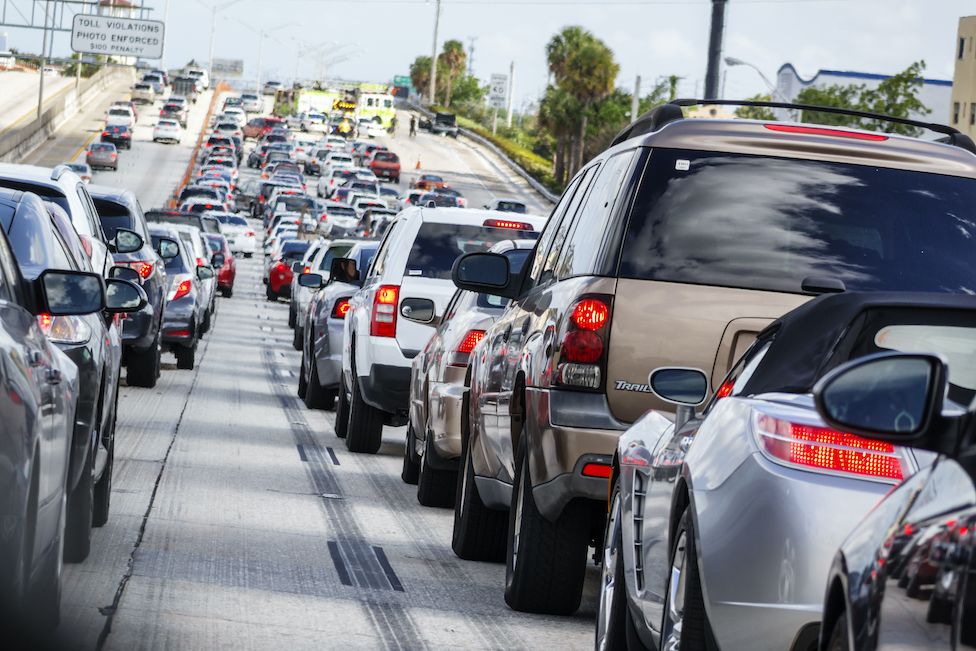When Joe Biden takes to the stage in Glasgow later to deliver his speech to COP26, you can be sure he will want to underline one thing.
Just as he did at his news conference last night in Rome at the G20, he will set out his green credentials; American leadership on climate change.
He can point to a gargantuan spending bill about to go before Congress, which has an eye-watering $555bn for clean energy credits and incentives. It will be the biggest investment in US history to tackle global warming.
But, but, but – this legislation hasn’t yet been passed because he’s not sure he’s got the votes.
One of the most significant proposals – a programme that would reward power companies for moving away from fossil fuels and penalising those who don’t – was nixed by a Democratic senator from West Virginia coal country, Joe Manchin.
The failure to make progress on this legislation has been frustrating as hell for the White House, who wanted to have the measures passed before Air Force One arrived in Italy.
It doesn’t exactly give the president added leverage over his counterparts. How much moral force is there in saying “look what I would do, if I only had the votes..?”
There was something else in the Rome news conference which made my internal ironymeter hit 10, and it perfectly encapsulates the drag imposed on the US president’s green ambitions.
Whilst attempting to show his leadership on climate, Biden was at the same time trying to persuade the OPEC oil producers to increase production, so as to keep petrol prices down for US consumers.
Drivers are up in arms that they’re having to pay over $3 a gallon. Perhaps Biden should organise for them to visit a few British petrol stations to make Americans thank their lucky stars.
 IMAGE SOURCE,GETTY IMAGES
IMAGE SOURCE,GETTY IMAGESThe US is a country where there is an obsession about weather – and it gets a huge amount of it – tornadoes, polar vortexes, hurricanes, eviscerating heatwaves and on and on.
But that is not matched by a similar interest in climate – even though the country has been experiencing the worst wildfires in history, flood- inducing hurricane seasons, freezing temperatures in Texas and on and on.
But this is where I want to widen the lens.
What President Biden is contending with has its own variation for any number of world leaders who were in Rome and will be heading to Glasgow.
There are parliaments, national assemblies and senates which won’t back what their prime minister or president might want. There are electorates who might just punish the politician who pushes for measures that might threaten their jobs, or increase fuel prices.
In the language that came out of the final communique from the G20 there was plenty of recognition of the urgency of keeping climate change to 1.5 degrees Celsius; of being “net-zero” by 2050. But the concrete measures to accompany the noble rhetoric? Well they were harder to find in the final document.
Maybe Glasgow will see the world’s leaders stop behaving like politicians and embrace every measure that the climate activists are demanding. But for better or worse, they will be thinking about how easy the measures will be to sell, whether their country is being put at a competitive disadvantage, whether by adopting radical measures they are opting for self-extinction.
A real projection of US power rolled past me in Rome as Joe Biden’s motorcade – complete with 85 vehicles – made its way to St Peter’s Square.
The US is still the most powerful country in the world – and the US president its most powerful man.
But for all that might, he hasn’t been able to strongarm one recalcitrant senator from West Virginia. And there’ll be a lot weaker leaders than him in Glasgow over the next two weeks.



No comments:
Post a Comment
Note: only a member of this blog may post a comment.